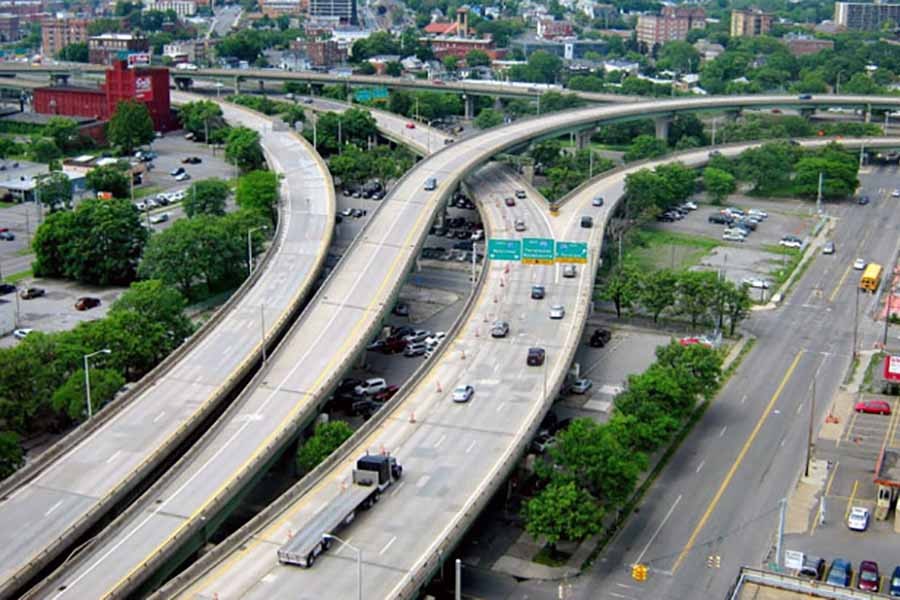The much vaunted elevated expressway project for the capital has been hitting one snag after another ever since its recommendation. One of the reasons is the lack of local expertise in this area. Once it so happened that the donor Japan International Cooperation Agency (JICA) set aside the fund allocation but could not release it because of the failure on the part of the recipient to submit the project proposal on completion of the necessary homework. Many of the donors in similar cases withdraw themselves from funding projects. Fortunately for Dhaka, the JICA was generous enough to extend the time by a year and the project is on now. But there is a clear indication that the Dhaka Mass Transit Company Limited (DMTCL) responsible for execution of the project finds itself in a quandary when it has to hire the services of different components from firms or companies through international tenders. Once utility lines laid only months before bogged down the whole project work of the metro rail over their shifting.
The latest hitch to embroil the metro rail project is the disinterest shown by international firms in one of the key components of the expressway. It concerns the development of electrical and management system of the 20.1-kilometre elevated track and stations. Of the 31 firms which initially showed their interest in the project by collecting documents, only four joint-venture Japanese firms pursued the matter for the follow-up. But on request to submit proposal, only one did and the other three stayed away. Now that there is no competitor, the lone firm is trying to take undue advantage of the DMTCL's awkward position. Already the project has run out of time and floating a fresh tender would kill further time. In a situation like this, completion of the project on schedule is most unlikely.
Apparently, it looks like a natural process but it is not. After several setbacks the project has suffered by this time, the management at the DMTCL should have been a little smarter. Deadlines for one or the other components of this project were run over several times. So the management had to initiate the launching of tenders much earlier in order to take a measure of the response. The initial hiccup should have been a lesson for it to make amend for the time lost. A mega project like this needed making detailed homework first and then taking up components as conveniently as possible to synchronise the work plan.
Delay in project implementation has almost become the rule of the day. Its attendant ills such as suffering of people as also cost overrun reach the highest taxing limit. But who cares? There is no instance where one of the flyovers or other mega projects like the Dhaka-Chittagong four-lane highway could be completed on schedule. True, at time technical glitches cause delays but otherwise in most cases it is done deliberately. The upward revision of allocation is so tempting that hardly a firm or company responsible for execution of the projects can resist it. Let such considerations not interfere with this project.


